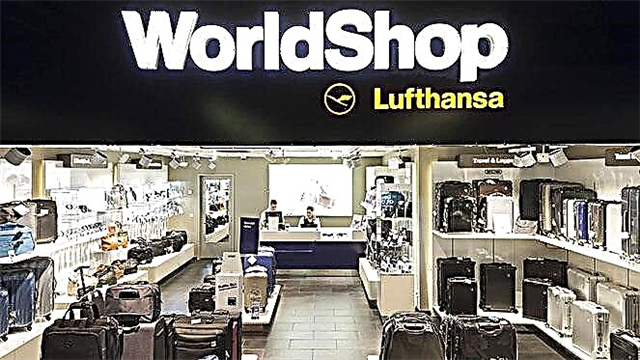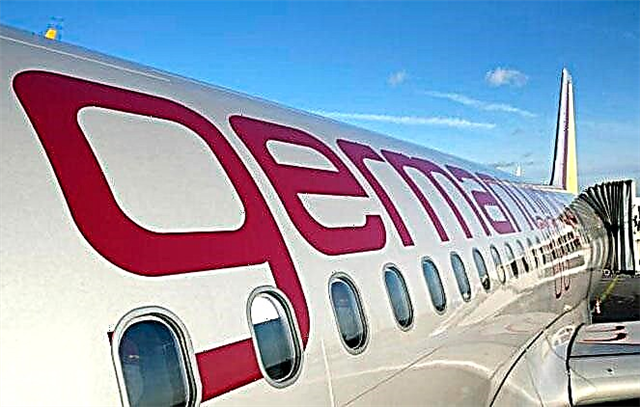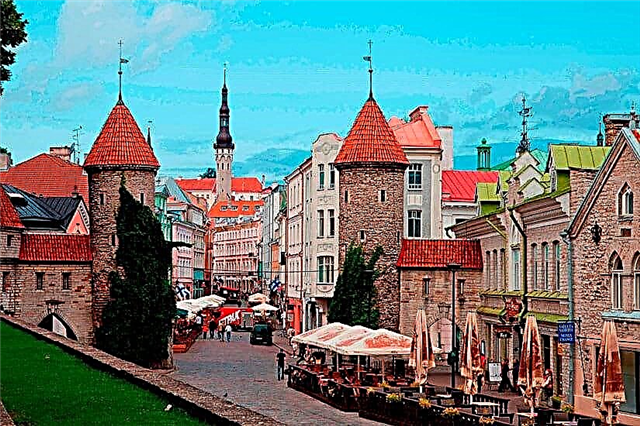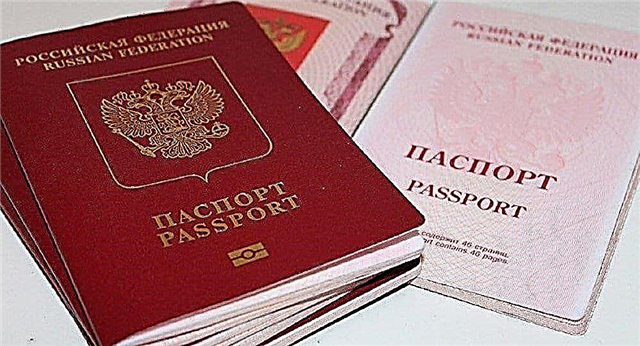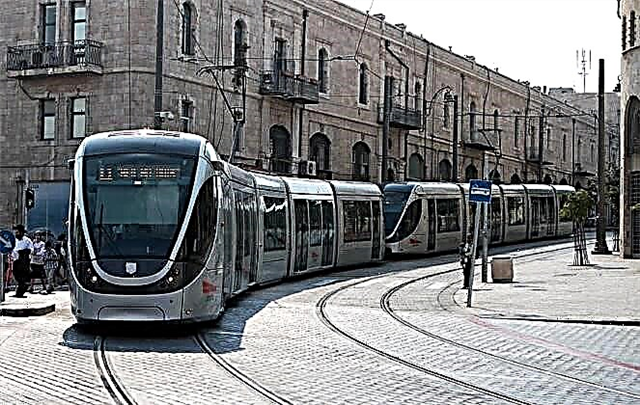The ancient capital of Israel is perhaps one of the most interesting and visited places on Earth. The city is sacred to three main religions at once - Judaism, Christianity and Islam, included in the UNESCO World Heritage List. Transport in Jerusalem, unlike its walls and temples, is very modern. Despite having a population of almost a million people and many millions of pilgrims and tourists, it does a great job.

General information
Jerusalem is considered the main logistics center of the country with a well-developed transport network. The main routes of communication are overland: roads and railways. Egged routes and Israel Railways connect Jerusalem to most of the country.
The first question of a tourist is usually about whether there is an airport in Jerusalem. Was small. Until the 2000s, it was used for domestic passenger traffic, mostly from Haifa and Eilat, but then it was closed due to the permanent terrorist threat and in connection with other political problems.
Today, the international hub named after Ben-Gurion (Tel Aviv), located 40 km north-west, is mainly used for air transportation. It is the closest airport to Jerusalem, which is connected to the city by the Afikim bus route no. 485 (website ─ www.afikim-t.co.il, fare - 16 shekels).
You can also get from the airport by buses No. 423, 943, 947 of the Egged company. To the bus stop directly from terminal number 3, bus number 5 takes you, the fare is 5 NIS ($ 1.3). Travel time - 16 minutes, then passengers transfer to the flights listed above. The ticket price is 21.5 NIS ($ 5.7). Travel time is 1 hour.
A feature of the urban transport system is the division into Arab and Israeli parts. The color of the vehicle is determined by the service company.
The movement ends on Friday afternoon and starts on Saturday evening according to Sabbath traditions.
Transport types
So, the main types of transport in the city:
- tram;
- bus;
- Taxi;
- train.
Tram lines
The Jerusalem tram started operating in 2021. This is the first and only tram in the country. Moreover, the high-speed one, which is called here the light rail. Currently, there is only one route with a length of about 14 km with 23 stops, running through the entire city from north to south.
It starts working at 05.30 am and continues until 24.00 every day, except for Shabbat and holidays. On Friday, traffic stops at three o'clock in the afternoon and does not resume until Saturday evening.
The rolling stock of the French company Alstom with bulletproof glass is used. Stops are announced in Hebrew, Arabic and English.
How to buy a tram ticket in Jerusalem is easy to find out at citypass.co.il. Drivers don't sell them. We have to use machines at bus stops. A one-way trip with a paper ticket will cost 5.9 shekels. A child under 5 years old accompanied by an adult does not need to buy.
Such a ticket is valid for one direct bus trip and does not provide discounts for privileged categories. Use is not limited to the day of purchase: a paper ticket is valid for three years.
Validators are available in every carriage. It is imperative to punch and keep the ticket until the end of the trip ─ controllers go.
Subscription is more profitable:
- a 10-trip pass costs 47.2 INS (new Israeli shekels);
- for 20 trips - 94.40 INS;
- per day without limiting the number of trips - 13.5 INS;
- weekly - 64 INS;
- monthly - 213 INS.
Such passes are provided to beneficiaries with discounts of up to 40%. According to the instructions of the Ministry of Transport, foreign residents with a minimum annual visa also have the right to enjoy benefits on a general basis. You can buy season tickets at bus stops or in the service center at the address: st. Jaffa, 97.
Bus service
The buses in Jerusalem in the western and eastern parts are different. The Jewish part of the city is served by the largest company in the country, Egged, which has over a hundred city routes. Their intercity buses are white, city buses are green. All with "X" logos on the plates with the route number. The schedule is presented in three languages: Hebrew, English and Russian. Buses start working at 7.00 and finish at 23.00.

Entry is through the front doors, and exit requires pressing a button on the handrail. The cost of the trip is 6.7 shekels. For children under 5 years old, military personnel and reservists, travel is free.
Drivers sell tickets, but only in the form of anonymous transport cards for one trip or daily tickets (“hofshi yomi”), allowing you to travel by any type of public transport within one day (bus, train, tram, “metronit”, route taxis).
It is planned to completely abandon the practice of selling tickets by drivers.
Women over 60 and men over 65 are entitled to a 50% discount, and disabled persons with a certificate - to a 33% discount. The latest information is available at www.egged.co.il/en.
In the Arab part, the blue and white buses of the East Jerusalem Bus Company run from 06:00 to 24:00. The fare is about 7 shekels.
A special excursion route "Egged" No. 99 departs from the Central Bus Station four times a day. A ticket for 24 hours costs 100 ILS (children and seniors - 80 ILS), you can get off at any stop and take the next bus. There are 29 stops in total, but some are closed periodically. The tour takes approximately two hours. On the way, you can listen to an audio guide in eight languages.
Taxi station
Taxis in Israel are called “monitors”. In Jerusalem, it is divided into yellow Arab and white Jewish cars, which stubbornly refuse to take passengers to the other side.
However, the general rules are the same for everyone. Licensing is required, company logos, checkers, Taxi plates and meters are everywhere, and the car can be caught with a wave of the hand, ordered by phone or online. By the way, Uber was invented in Israel.
If there is an inscription “iTaxi Jerusalem” next to the company logo, it means that an agreement has been concluded with the municipality for the provision of quality services. This is a quality guarantee mark.
There is also a special type of taxi ─ tourist, the drivers of which act as a guide. You can recognize the cars by the emblem on the doors in the form of two people carrying a bunch of grapes. The tariffs are roughly as follows:
- call ─ 4.70 NIS;
- landing and the first 500 m ─ 12 NIS, then for every 90 m - 0.3 NIS;
- night rate (from 21:00 to 05:30) ─ 25% higher;
- surcharge: for the 3rd passenger - 4.6 NIS, for luggage - 3.8 NIS.
A ride from the airport costs approximately NIS 233. Taxi drivers pay 25% for work on Shabbat.
Even before the trip, the client can choose the method of determining the payment: according to the counter or the price list. The check is guaranteed in any case. Gratuities are not required, but they also do not mind rounding up the amounts.
Railway
Rail transport in Jerusalem is developing dynamically, as rail links with Tel Aviv play a vital role for the city. However, unfortunately, there is no direct one. Currently, there is a branch line through Beit Shemesh to southern Jerusalem, with stops at Jerusalem Malchus and the Bible Zoo. Travel time is 1 hour 24 minutes.
In the near future, it is planned to launch a high-speed train in Jerusalem, which will use the tunnels and run from the new underground station to Ben Gurion Airport. Travel time should be reduced to 25 minutes. Part of the railway from the Tel Aviv side is already functioning, but the final commissioning is postponed for various reasons.
Rav-Kav Cards
In any public transport of the country, including in Jerusalem, payment for travel is possible in two types of tickets:
- ordinary paper;
- a special magnetic card called the "Rav-Kav" transport card.
It is the latter that is considered as a prospect for the government's planned transition to electronic payment methods. This is an ordinary "plastic" with a magnetic stripe, like a bank. Only the user credits the card with funds intended solely for the intended use.

The card is universal and suitable for calculating fares on any type of public transport, except for taxis and minibuses.
On request, the client can choose the following types of Rav-Kav:
- Personal. Contains passport details, photograph and information on the amount of benefits due. Not transferable, insured against loss or theft. Issued free of charge at Al Ha-Kav service centers and Egged ticket sales points. Allows multiple loading of travel documents.
- Anonymous. Contains no personal information. No preferential discounts apply. Multiple downloads, the use of "erech tsavur" ("electronic wallet") and 10% discounts are allowed when choosing weekly and one-day tariffs. The funds on the card are not insured. You can buy it for 5 shekels from the driver, at vending machines or at Al Ha-Kav service centers.
- Semi-anonymous. The same as personal, but without insurance.
There are several ways to buy a ticket, load a trip and top up a card:
- via a smartphone with NFC technology and the installed Rav Kav application (free on Google Play) from a bank card;
- cash or credit card at the machine;
- at the checkout - in cash or funds credited to the card;
- for cash from the driver.
One card, replenished in advance, can be paid for several people at once, and with a discount of up to 25%! On the other hand, you have to make a separate replenishment for each company, route or mode of transport.
Conclusion
The transport infrastructure of Jerusalem is well developed. Tram, train, bus, taxi allow you to conveniently move not only within the city, but also between megacities, by taxi or bus you can quickly get to and from the nearest airport in Tel Aviv.
Passengers are given the choice of purchasing a single travel ticket or daily, electronic Rav-Kav card. Elderly people and people with disabilities enjoy discounts on travel.
Despite the high level of organization, quality and comfort, the city's transport system continues to develop and improve.



